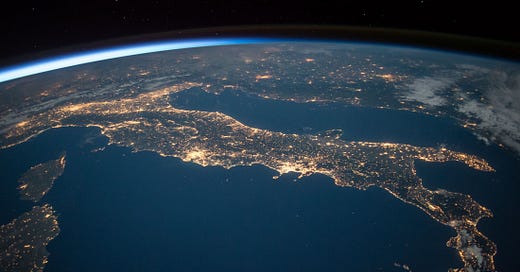Every December, Isaiah 9:1-7 resounds in hearts worldwide, capturing the season. It is a long-cherished Advent passage, portraying the Messiah as a Wonderful Counselor, Mighty God, Everlasting Father, and Prince of Peace. Yet, amidst these grand titles, there's a surprise:
"To us, a Child is born."
Not a warrior, politician, celebrity, hall of famer, mega…
Keep reading with a 7-day free trial
Subscribe to Scott Sauls Weekly to keep reading this post and get 7 days of free access to the full post archives.




